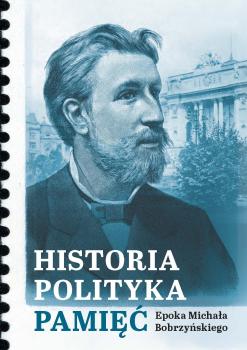Historyczna diagnoza upadku państwa. Michał Bobrzyński i krytyka ustroju I Rzeczypospolitej ………. 131
Synopsis
Th is article aims to present and analyse the diagnosis of the systemic crisis of the First Republic of Poland as seen by Michał Bobrzyński, a prominent historian and conservative thinker from the late 19th and early 20th centuries. In his most important work, Dzieje Polski w zarysie (A Brief History of Poland), Bobrzyński rejected romantic interpretations of history, emphasising the internal flaws of the state as the main cause of its collapse. The author of this article demonstrates that, for Bobrzyński, the weakness of royal power, parliamentary anarchy caused by the liberum veto, a lack of efficient administration and moral degeneration among the political elite were of key importance. Similar to Tocqueville or Weber, his analysis combined historical diagnosis with reflection on the enduring mechanisms of politics – the state appeared as an organism requiring a balance between freedom and responsibility. The article also illustrates how Bobrzyński identifi ed not only institutional errors in Polish political culture, but also beliefs rooted in social consciousness regarding the primacy of freedom over the common good. This led to the decay of the state. He reminds us that institutional crises are not only historical facts, but can also recur in new circumstances. His warning against ‘freedom without obligation’ remains relevant in contemporary debates on the state of democracy. The text not only aims to recall Bobrzyński’s conservative thought, but also to present it as an important lesson in reflections on state stability in the face of political crises.





